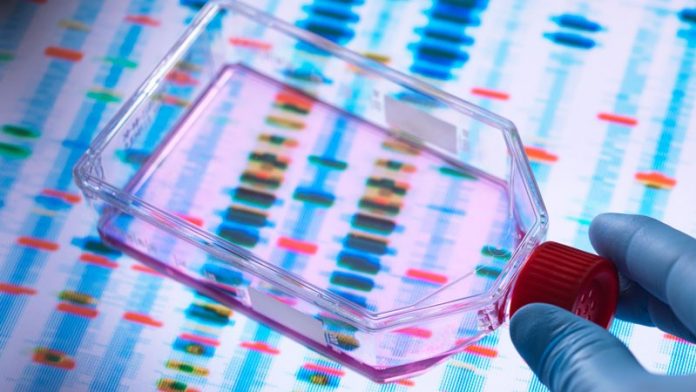A single gene controls how many brain cells or neurons develop in a growing brain and how often the cells reproduce. A cell’s susceptibility to this single gene is the key that made primate brains grow to be larger and capable of doing more than any other animal. Dr. Fong Kuan Wong and doctoral student Ji-Feng Fei with the Max Planck Institute of Molecular Cell Biology and Genetics are the first to decipher the code that makes brains bigger.
A gene called paired box protein Pax-6 is responsible for activating the cells in the brain that promote cell division and cell growth. The gene is much more active in causing progenitor cells in the brain to multiply and become specific types of brain cells in primates. The basal progenitor cells of the neocortex of primate brains are much more responsive to the paired box protein Pax-6 gene and produce the larger brains seen in primates and humans. The larger brains are the cause of humans and primates superior mental abilities versus other animals.
The researchers bred a special strain of mice that had progenitor cells that could respond to the paired box protein Pax-6 gene like primate progenitor cells do. The introduction of the paired box protein Pax-6 gene produced multiple rounds of cell division in the mouse brains that resulted in larger brains. The specially bred mice also produced a larger number of neurons in the neocortex that is a hallmark of brain development in primates and man.
The researchers do not expect to create a ‘Stuart Little’ soon or at any time in the future. The study has found the pathway to induce brain growth in the areas of the brain that produce larger brains and superior cognitive function in primates and man. The discovery could in time be used to renew damaged or defective areas of the brains of humans.















